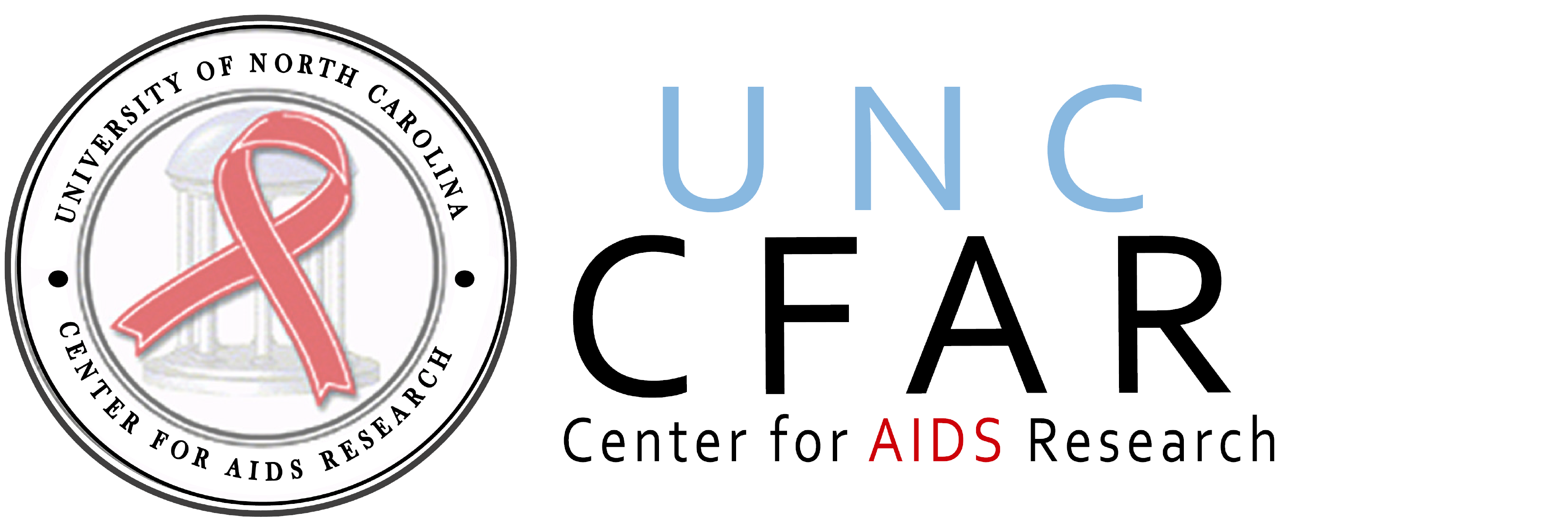Stigma RIG
Purpose
Launched in Fall 2021 under the Center for AIDS Research (CFAR) Social and Behavioral Science (SBS) Core, the Stigma Research Interest Group (RIG) is a collaboration of the University of North Carolina (UNC) at Chapel Hill, FHI 360 and RTI international. The Stigma RIG is a group whose function is to facilitate collaboration among HIV investigators on topics related to stigma, with support from the UNC CFAR. We are interested in measurement, intervention, and reduction of multilevel and intersectional stigma, including but not limited to HIV stigma. The UNC CFAR Stigma RIG currently meets monthly on the fourth Tuesday at 12:30 p.m. ET, with opportunities for professional networking, guest speakers, works-in-progress presentations, and collaboration on research products (grants, papers, scientific presentations). All are welcome!
Rationale
Stigma related to HIV and other overlapping and intersecting marginalized identities persists as a significant roadblock to optimal HIV care and prevention. The formation of this RIG will create an infrastructure to fuel collaborative studies of HIV, bringing together individuals engaged in stigma-related and stigma-relevant research, practice, pedagogy, and service.
Main Objectives:
- Promote stigma awareness and education. The group will promote deepening understanding of the etiology and impacts of stigma through guest lectures, journal club discussions, and interactive workshops. Bringing together individuals across diverse disciplines, career stages, and experiences, we aim to be a learning resource for each other, and back to our communities.
- Build collaborations to support trainees, researchers and practitioners seeking to understand and address stigma. Through monthly meetings and periodic events, the group serves as a space for people to come together and receive feedback on works in progress, make connections, and share resources. The group aims to be responsive to the needs and interests of its membership, supporting their professional advancement.
- Foster innovative approaches to measuring and intervening on stigma in scholarship and grant writing. Through the activities of these first two objectives, the group aims to support its membership in identifying and addressing critical areas for growth in the field of stigma research and practice. The group serves as a place to workshop ideas for papers and grants at all stages of development as well as collectively sharing opportunities for funding of stigma-related projects and dissemination.
